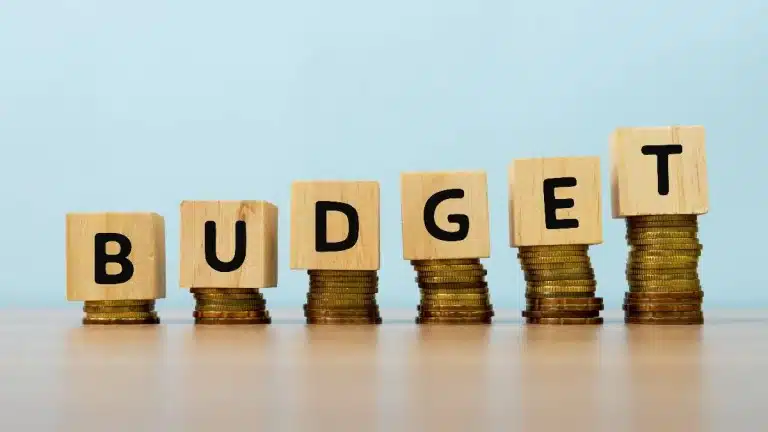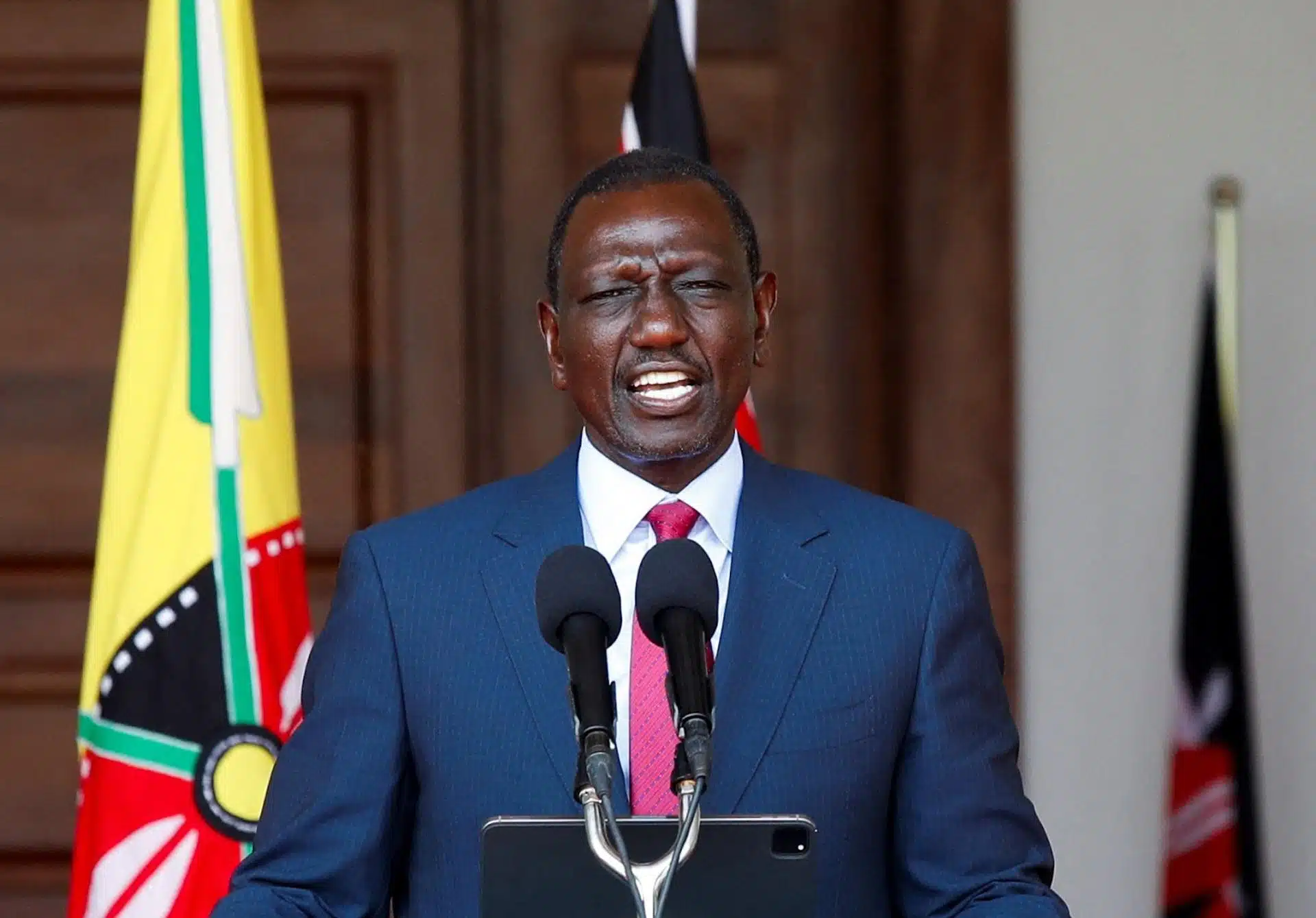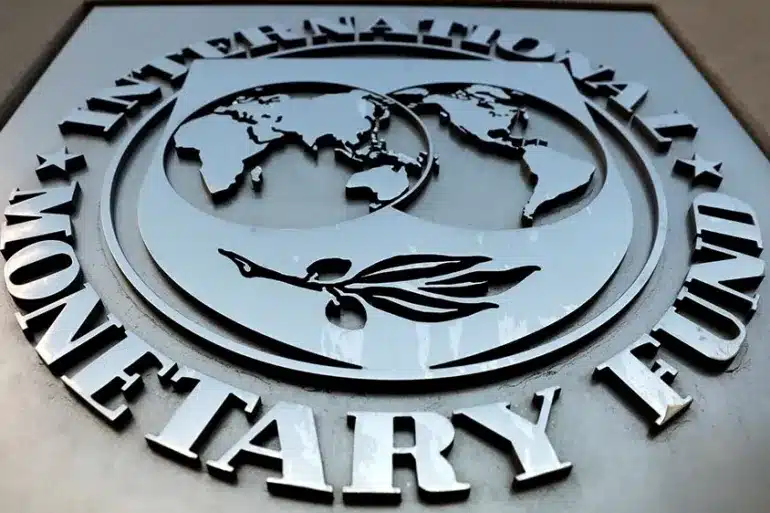Ethiopia’s Council of Ministers has approved a record-breaking federal budget of nearly $15.4 billion for the 2025/26 fiscal year.
The budget proposal, submitted to the House of Peoples’ Representatives for review, marks a 60% nominal increase over last year’s $9.16 billion allocation. However, when adjusted for exchange rate movements, the apparent expansion tells a different story.
With the birr falling from an average of 57 per dollar in 2024/25 to around 130 per dollar under the newly adopted floating exchange rate regime, the budget’s dollar equivalent has dropped by nearly 30%, from approximately $22 billion last year to $15.4 billion this year.
This grim currency-driven decline underscores the fiscal consequences of Ethiopia’s ongoing macroeconomic scheme – part of broader reforms aimed at stabilising the economy, attracting investment, and unlocking multilateral support.
The proposed budget is anchored in the government’s 2025–2030 Medium-Term Macroeconomic and Fiscal Framework. It fits into the objectives of Ethiopia’s Ten-Year Development Plan, a blueprint that prioritises economic transformation, infrastructure development, and human capital investment.
Government officials described the budget as a tool to “support production and productivity, protect national security, and assist citizens displaced by natural and man-made disasters.”
A path to economic recovery
This year’s budget takes shape against a backdrop of complex economic and political pressures. Ethiopia continues its post-conflict recovery, grapples with high inflation, and works to stabilise fiscal and external imbalances.
The government is also in talks with the International Monetary Fund (IMF) and other external partners to secure further financial support – a process that is shaping its policy reforms.
Notably, the inclusion of increased funding for security operations and displacement response reflects a strategic pivot to address lingering unrest in northern and western regions. At the same time, the budget aims to catalyse growth through infrastructure upgrades, agricultural transformation, and irrigation projects.
With parliamentary approval expected before the new fiscal year begins on July 7, the budget will serve as a critical test of Prime Minister Abiy Ahmed’s ability to sustain reform momentum while managing rising public expectations and constrained dollar resources.
While Ethiopia’s government is pressing forward with its reform agenda, the real purchasing power of its fiscal commitments is increasingly vulnerable to currency volatility. Whether this budget will be enough to deliver on ambitious development goals amid such constraints remains to be seen.











